
Read or listen offline
Recommendation
After the Great Recession, US policy makers made significant changes to the financial system’s regulatory architecture. The Dodd-Frank Wall Street Reform and Consumer Protection Act of 2010 set in place an array of complex new guidelines, rules and systems designed to engineer a less risk-oriented banking and financial infrastructure. This authoritative commentary from Pulitzer Prize-winning journalist and Brookings director David Wessel notes that while some of these policies have proven their efficacy, others have fallen short of their goals. getAbstract recommends this incisive examination of the successes, failures and unknowns of the postcrisis regulatory reboot to financial professionals and investors.
Take-Aways
About the Author
David Wessel is director of the Brookings Institution’s Hutchins Center on Fiscal and Monetary Policy.









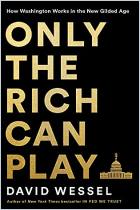

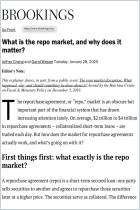
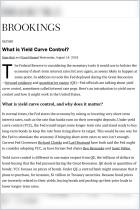
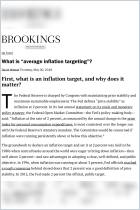

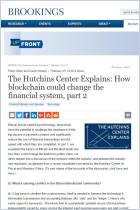
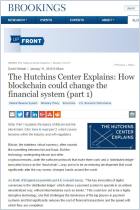
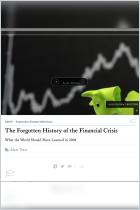



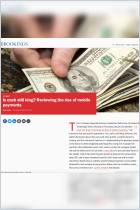
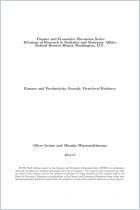



Comment on this summary or 开始讨论